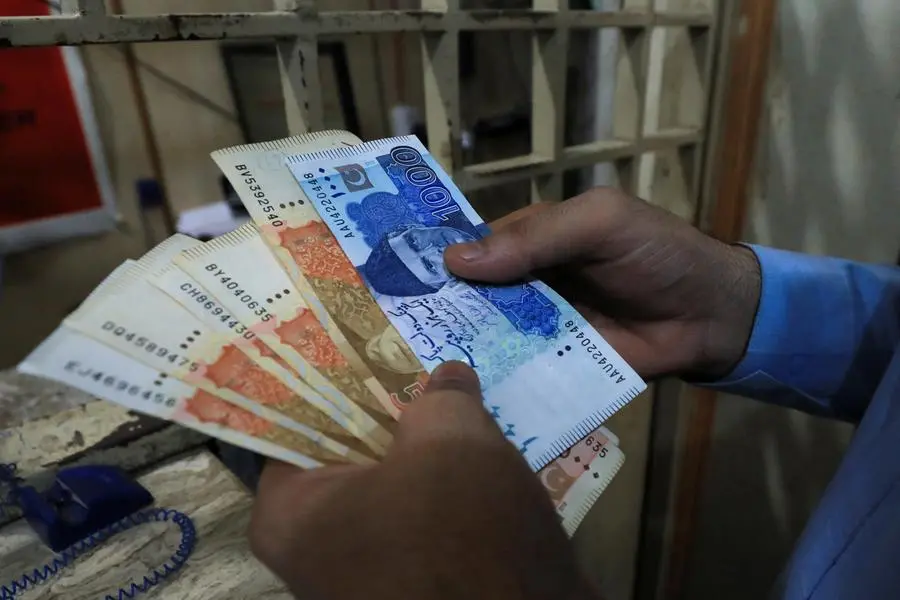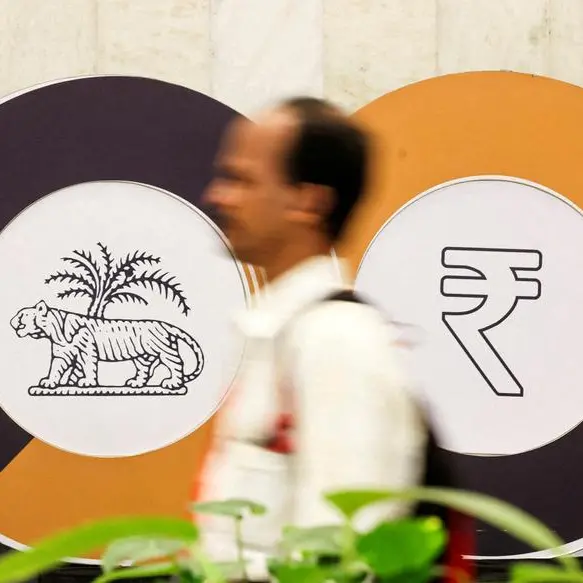PHOTO
Pakistan's caretaker government moved on Thursday to improve governance at state-owned companies and earmarked 10 for privatisation or turnaround efforts, as it strives to deliver reforms under its International Monetary Fund bailout.
Under the $3 billion bailout package from the IMF, that was critical in averting a sovereign debt default, state-owned entities (SOEs), whose losses are burning a hole in government finances, will need stronger governance.
As of 2020, the accumulated losses for SOEs amounted to 500 billion rupees ($1.74 billion), said caretaker Finance Minister Shamshad Akhtar said at a press conference.
She said under the government's draft policy on SOEs, the appointment of independent directors will be through a nomination process, adding that no ministry would be able to issue directives to SOEs in order to improve governance.
Later on Thursday, Pakistan's caretaker privitisation minister, Fawad Hasan Fawad said there was only one bidder left for Pakistan Steel Mills.
He said that prior to COVID-19, there were four companies that were interested and qualified to bid for Pakistan Steel Mills (PSM), but three of them have backed out for a variety of reasons including global demand for steel.
Fawad added that the caretaker government was in talks with the financial planner appointed for the transaction; and that only PSM's operational assets were up for sale.
Pakistan has also been discussing outsourcing operations of several of its state-owned assets to outside companies.
In March, it kicked off outsourcing of operations and land assets at three major airports to be run under a public private partnership, a move to generate foreign exchange reserves for its ailing economy.
The government has budgeted only about 15 billion Pakistani rupees ($52.42 million) in receipts from a stalled privatisation process in its budget for the fiscal year 2024.
($1 = 286.9500 Pakistani rupees)
(Reporting by Ariba Shahid in Karachi; Editing by Bernadette Baum and Emelia Sithole-Matarise)




















